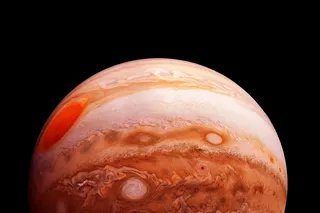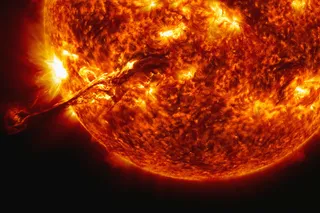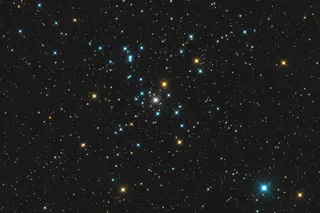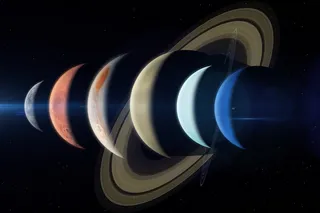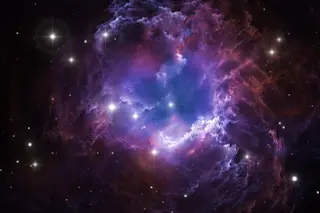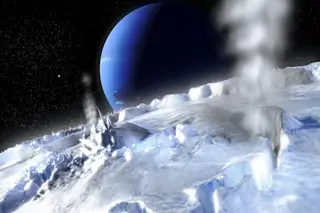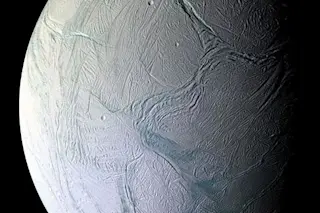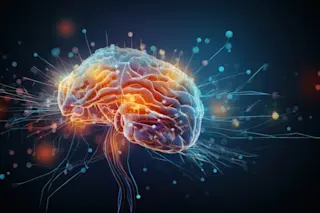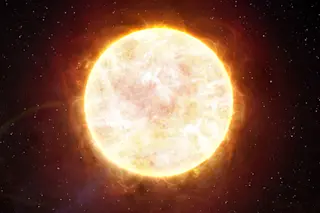The sun is breaking the known rules of physics—so said headlines that made the rounds of the Web this week. That claim from a release out about a new study by researchers Jere Jenkins and Ephraim Fischbach of Purdue, and Peter Sturrock of Stanford. The work suggests that the rates of radioactive decay in isotopes—thought to be a constant, and used to date archaeological objects—could vary oh-so-slightly, and interaction with neutrinos from the sun could be the cause. Neutrinos are those neutral particles that pass through matter and rarely interact with it; trillions of neutrinos are thought to pass through your body every second. In the release itself, the researchers say that it's a wild idea: "'It doesn't make sense according to conventional ideas,' Fischbach said. Jenkins whimsically added, 'What we're suggesting is that something that doesn't really interact with anything is changing something that can't be changed.'" Could it ...
Scientist Smackdown: Are Solar Neutrinos Messing With Matter?
Discover how a Purdue Stanford team links neutrinos and radioactive decay, challenging conventional physics with groundbreaking research.
More on Discover
Stay Curious
SubscribeTo The Magazine
Save up to 40% off the cover price when you subscribe to Discover magazine.
Subscribe


